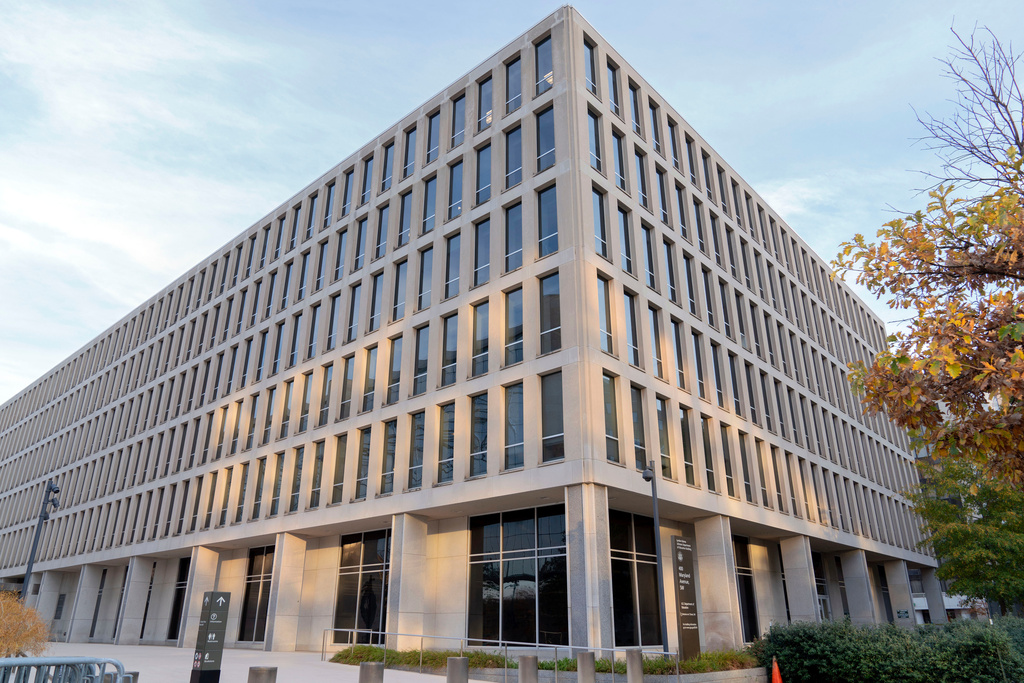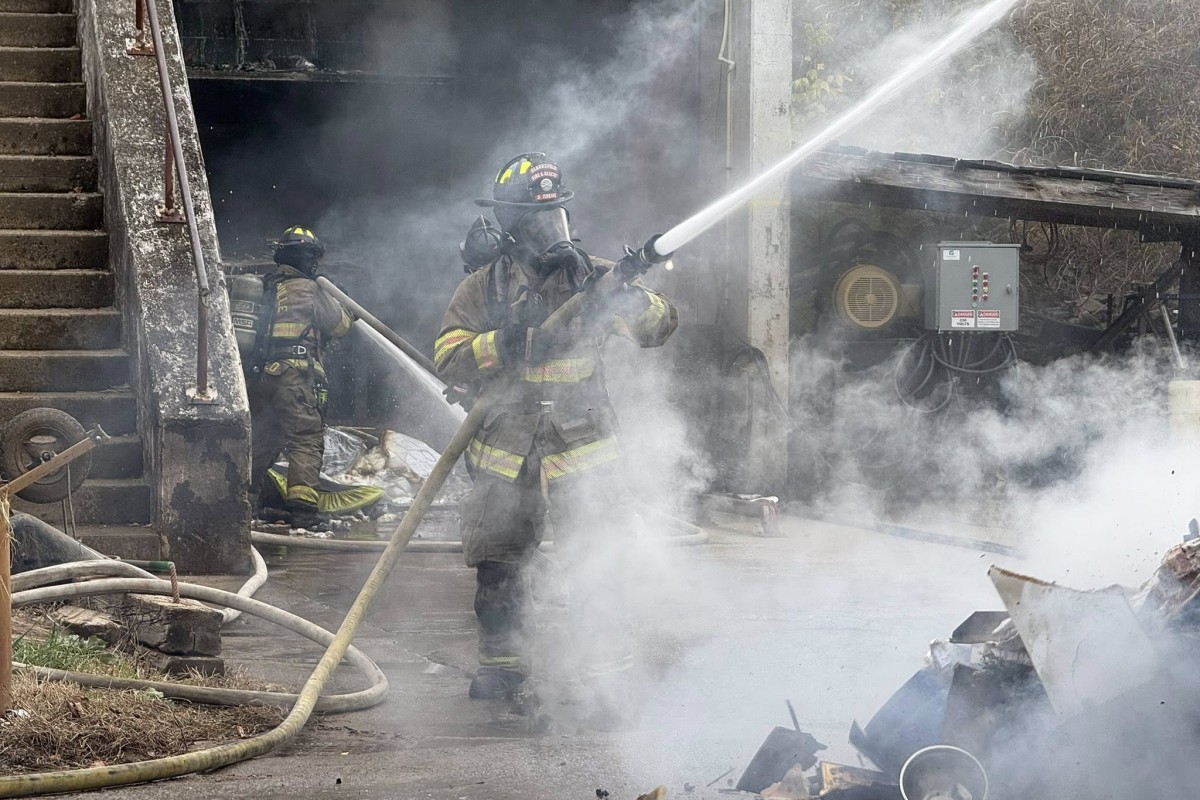By COLLIN BINKLEY AP Education Writer
WASHINGTON (AP) — The Trump administration is forging ahead with plans to eject some nonprofits from a popular student loan forgiveness program if their work is deemed to have a “substantial illegal purpose” — a move that could cut off some teachers, doctors and other public workers from federal loan cancellation.
New rules finalized Thursday give the Education Department expanded power to ban organizations from the Public Service Loan Forgiveness program. The Trump administration said it’s necessary to block taxpayer money from lawbreakers. Critics say it turns the program into a tool of political retribution.
Set to take effect in July, the policy is aimed primarily at organizations that work with immigrants and transgender youth.
It grants the education secretary power to exclude groups from the program if they engage in activities including the trafficking or “chemical castration” of children, illegal immigration and supporting terrorist organizations. “Chemical castration” is defined as using hormone therapy or drugs that delay puberty — gender-affirming care common for transgender children or teens.
It amounts to a major reworking of a program that has canceled loans for more than 1 million Americans and was created by Congress in 2007 to steer more college graduates into lower-paying public sector jobs. The Trump administration has yet to identify specific groups it intends to target, but it estimates fewer than 10 would be barred per year.
The program “was meant to support Americans who dedicate their careers to public service – not to subsidize organizations that violate the law, whether by harboring illegal immigrants or performing prohibited medical procedures that attempt to transition children away from their biological sex,” Education Undersecretary Nicholas Kent said in a statement.
The legal nonprofit Student Defense said it will sue to challenge the rules, arguing the administration is illegally “punishing public servants for their employers’ perceived political views.”
The program has rewarded a wide range of public service careers
The program promises to cancel federal student loans for government employees and many nonprofit workers after they have made 10 years of payments. It has long been open to government workers, teachers, firefighters and employees of public hospitals. Eligibility rules laid out by Congress focus mostly on nonprofits’ tax status and their field of work.
The benefit has gone to workers at organizations across the political spectrum. Yet in a March action demanding new limits, President Donald Trump said it has “misdirected tax dollars into activist organizations that not only fail to serve the public interest, but actually harm our national security and American values, sometimes through criminal means.”
A central concern of critics is the wide latitude the department is giving itself to determine if an organization’s work should be considered to have a “substantial illegal purpose.”
Employers across state and local government as well as nonprofits can be expelled from the program if a state or federal court rules against them, or if they agree to a legal settlement that includes admission of guilt. Performing gender-affirming care in the 27 states that outlaw it, for example, appears to be grounds for expulsion.
Even without a legal finding, the education secretary will be able to independently determine that an organization should be barred. The secretary would weigh whether the “preponderance of the evidence” leans against the employer.
The department dismissed concerns from many who said that bar is too low.
“It ensures decisions are grounded in fact, not speculation, and allows the Department to act promptly to protect both borrowers and taxpayers,” federal officials wrote.
Critics see an opening for decisions based on ideology
Among those opposing the proposal were prominent associations in higher education, health care and legal professions. In public comments submitted to the department, many called it an illegal overstep and said it would undermine an incentive that has helped address work shortages in high-demand fields.
The American Bar Association said it could decrease the ranks of public defenders and those in public interest law. Thousands of people will lose access to representation, the association said, “simply because those attorneys’ jobs were deemed politically unfavorable by the Secretary.”
The National Council of Nonprofits said the policy would allow future administrations from any political party to change eligibility rules “based on their own priorities or ideology.”
Rep. Tim Walberg, R-Mich., chair of the House Education and Workforce Committee, said the overhaul will prevent taxpayers from covering loan relief for employees at “radical organizations that violate state and federal laws.”
Under the new rules, employers can only be sanctioned for activities that take place on or after July 1, 2026. Those barred from the program can reapply for eligibility after 10 years or rejoin sooner if they follow a “corrective action plan” approved by the secretary.
Documents from the department indicate that a single violation of the law may or may not be enough to get an employer barred, depending on the circumstances. Not all organizations that break the law have a “substantial illegal purpose,” the agency said, and it ultimately comes down to the secretary’s analysis of the evidence.
___
The Associated Press’ education coverage receives financial support from multiple private foundations. AP is solely responsible for all content. Find AP’s standards for working with philanthropies, a list of supporters and funded coverage areas at AP.org.
News
New Trump administration rule bars student loan relief for public workers tied to ‘illegal’ activity

FILE - The U.S. Department of Education building is seen in Washington, on Nov. 18, 2024. (AP Photo/Jose Luis Magana, File) Photo: Associated Press





